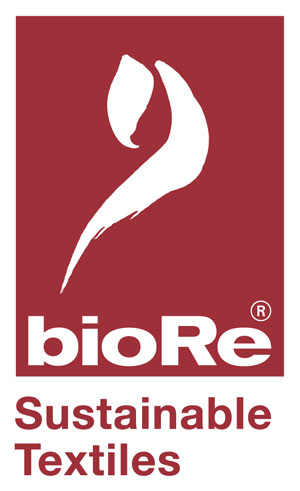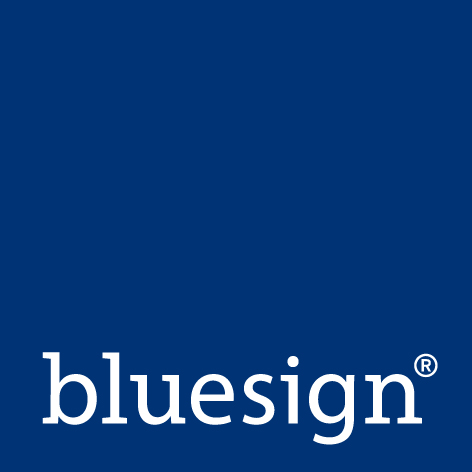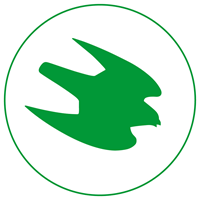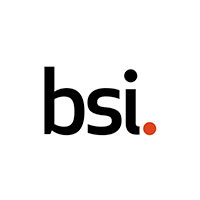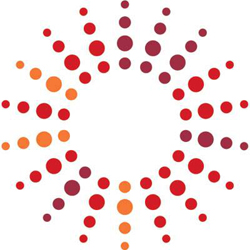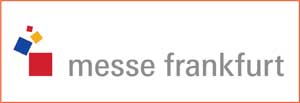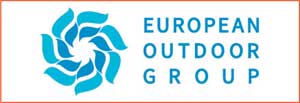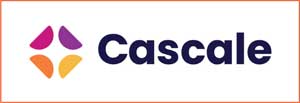Updated in 2019, the bioRe label is operated by Swiss-based Remei Foundation, which defines the standards for bioRe Sustainable Cotton and subsequent bioRe Sustainable Textiles made from this fibre.
Focusing on consumer safety and the environment, the Swiss-based bluesign system examines natural resources and chemicals used in textile production, occupational health and takes a holistic view of safety and environmental issues in the textiles and apparel supply chain. Bluesign’s blueXpert tool is designed to allow textile mills to benchmark the efficiency of wet processing.
The Bra Miljöval standard was developed by the Swedish Society for Nature Conservation (SSNC) and translates as ‘Good Environmental Choice’ in English. It is reputed to be among the toughest of all the environmental standards for consumer goods with stringent restrictions applying to raw materials and processing.
The reference documents on best available techniques (BREF) are a series of documents that reflect an information exchange in the European Union carried out according to Article 16(2) of Council Directive 96/61/EC. There is currently a review underway into the textiles industry standard which could yield amendments in the coming months. In December 2019, a 900 page pdf draft document was been lodged on the EC website.
A framework standard from the British Standards Agency (BSI) for implementing the principles of the circular economy within organisations.
The Water Quality Guidelines (WQG) are voluntary goals set by the non-profit business association, Business for Social Responsibility (BSR). The goal is to improve and/or maintain wastewater quality in direct textile-related operations, as well as textile mills and laundries in a company’s textile product supply chain.


